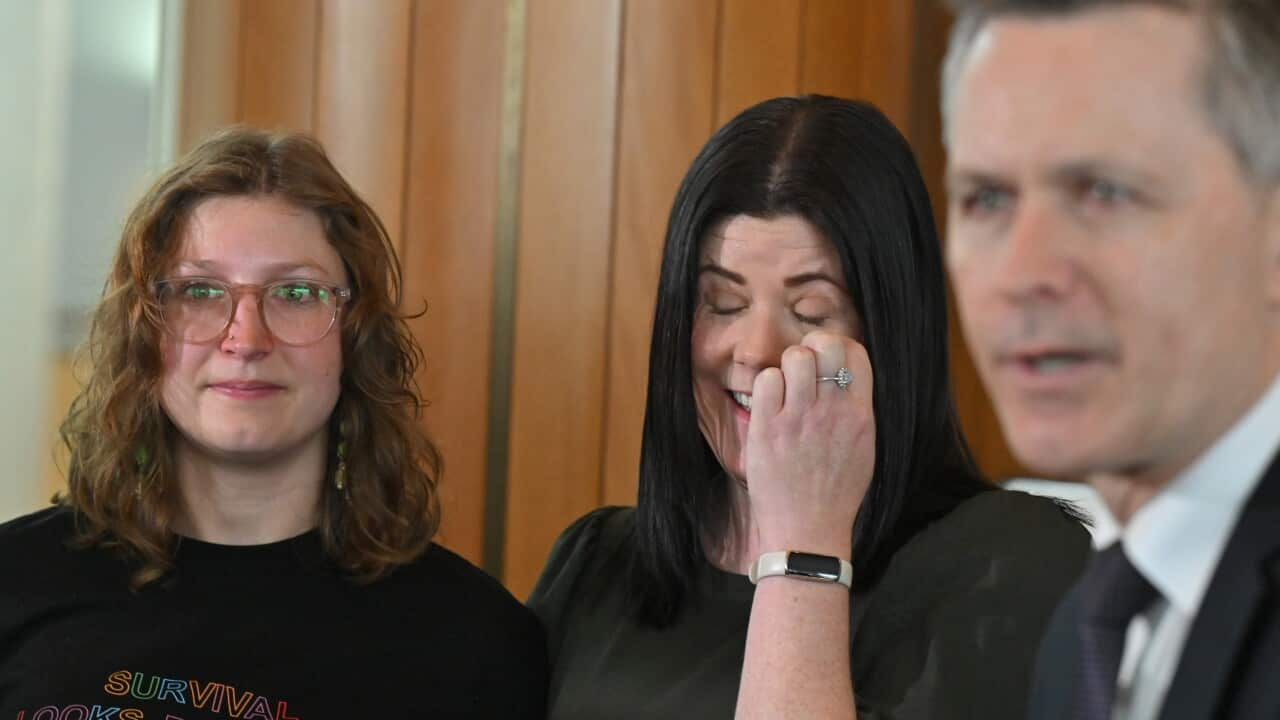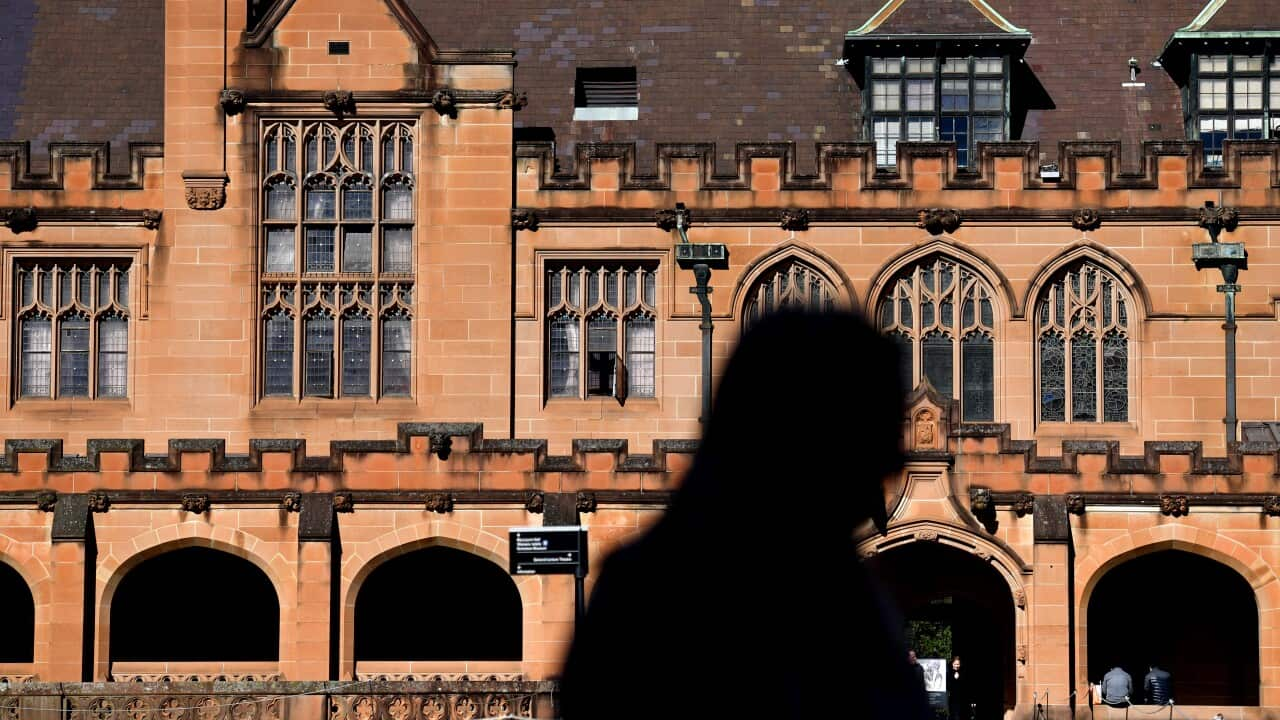Key Points
- Education Minister Jason Clare introduced the National Student Ombudsman Bill in the parliament on Wednesday.
- The ombudsman will address student complaints and resolve disputes with universities.
- The ombudsman start taking complaints from next February, if the legislation passes.
This article contains references to sexual assault.
One in 20 university students has been sexually assaulted and one in six has been sexually harassed on campus.
Of those who reported the incidents, half said they did not receive a response from their education provider, according to a 2021 student survey.
Education Minister Jason Clare said the "system has failed" students who deserved to feel safe, as he introduced a national student ombudsman to oversee future complaints within higher education.
Former student Sharna Bremner and founder of End Rape on Campus Australia was quoted by the minister during the second reading of the bill in parliament on Tuesday morning.
"I'm sick of my friends being assaulted, I'm sick of begging to feel safe, and I'm sick of feeling ignored."

The new bill aims to protect students who experience sexual assault at universities. Source: AAP / Mick Tsikas
"I think justice for the students that we support, looks like being able to complete their education successfully," she told reporters.
"It looks like not dropping out of your degree because somebody's sexually assaulted you, and it looks like having a university that provides you with the emotional support, but also the academic support that you need to succeed."
The announcement follows last year's parliamentary inquiry into national consent laws, during which victim-survivors detailed harrowing experiences on campuses.
STOP Campaign founder Camille Schloeffel said "it was not good enough" for students to be forced to face their abusers in dorms or classrooms after they've been sexually assaulted.
"They're living next door to the person who raped them. They're reporting it to a staff member at the university and the university tells them there's nothing they can do about it," she said.
"I can absolutely attest to how traumatic and harmful that university responses are after an experience, and what a lot of people say is that after they report, their experience is so much worse that they wish they never told their university in the first place."
So what will a national student watchdog do?
A national student ombudsman will ensure concerns are handled with care and respect and provide a trauma-informed complaints process for all higher education students, the minister said.
It will be able to investigate complaints about a broad range of issues, recommend actions for universities, and monitor how they follow through.
It will also be able to compel information, documents, and other records, as well as enter universities as part of an investigation, and bring a conclusion to reports within 45 days.

One in 20 university students has been sexually assaulted, a student survey found. Source: AAP / Steven Markham
A national code for higher education providers will also be established through separate legislation to ensure an improved response to gender-based violence, holding universities to account.
Universities will be required to show they have provided counselling to victim-survivors and alleged perpetrators and demonstrate they have accommodation agreements in place that prioritise student safety.
The ombudsman will start taking complaints from 1 February 2025 if the legislation passes parliament in time.
With additional reporting from AAP.
If you or someone you know is impacted by sexual assault, call 1800RESPECT on 1800 737 732 or visit . In an emergency, call 000.










